Peterloo: a solid drama that could have been much better
Mike Leigh combines gritty social drama with period theatrics in epic
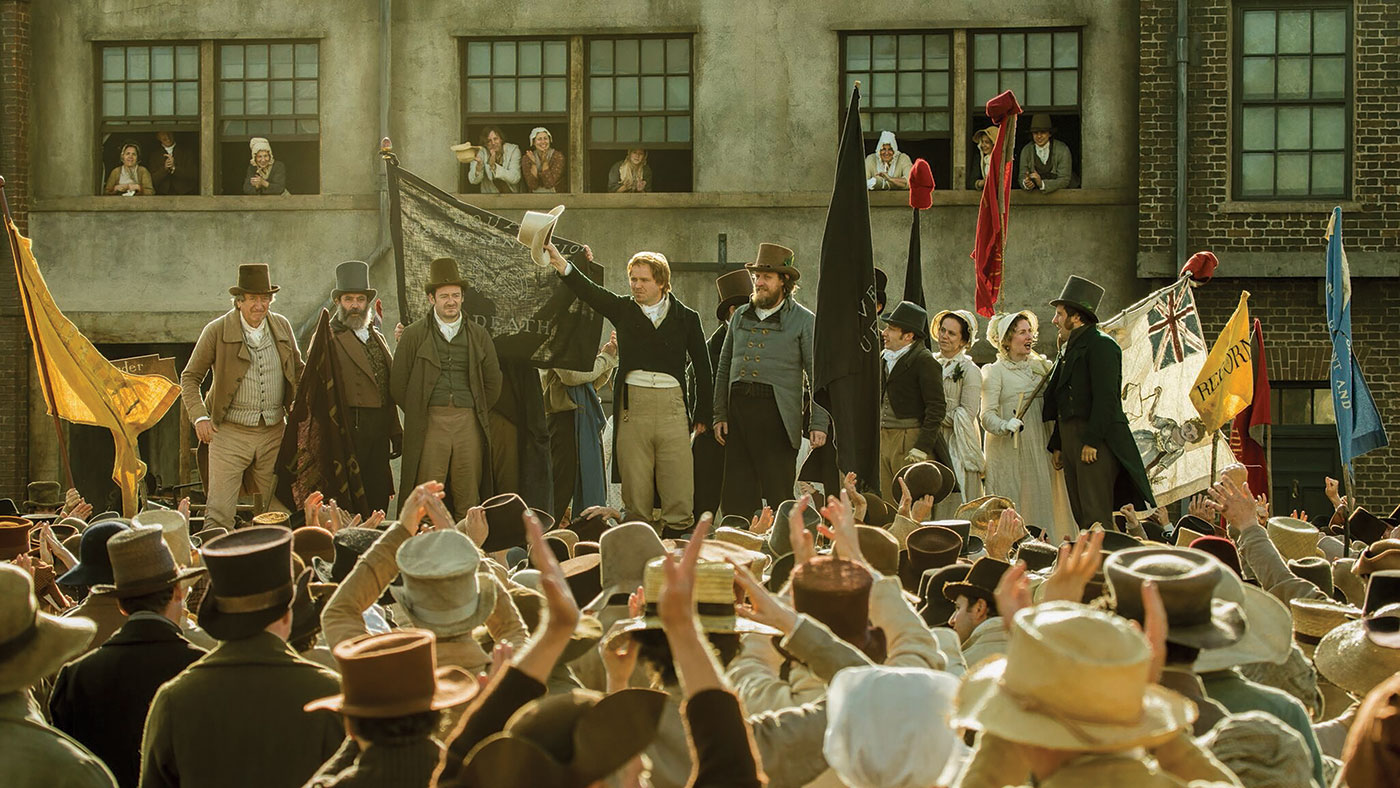
A free daily email with the biggest news stories of the day – and the best features from TheWeek.com
You are now subscribed
Your newsletter sign-up was successful

Peterloo
Directed by Mike LeighCertificate 12A
The Week
Escape your echo chamber. Get the facts behind the news, plus analysis from multiple perspectives.

Sign up for The Week's Free Newsletters
From our morning news briefing to a weekly Good News Newsletter, get the best of The Week delivered directly to your inbox.
From our morning news briefing to a weekly Good News Newsletter, get the best of The Week delivered directly to your inbox.
Director Mike Leigh is known for kitchen-sink dramas, such as Secrets and Lies, and for genial period pieces such as Mr Turner. The two collide in Peterloo, his account of the 1819 massacre. Waterloo veteran Joseph (David Moorst) returns home to his family in Oldham to a world of high unemployment and falling wages. The protectionist Corn Laws have pushed up the price of food, making it harder to make ends meet. With the authorities cracking down on dissent, reformers are divided between those pushing for an armed uprising and those, like orator Henry Hunt (Rory Kinnear), who want peaceful change.
Leigh does a good job of detailing the various economic and political issues that brought matters to a head at Peterloo. Chief among them was the recession that immediately followed the Napoleonic Wars, creating unemployment and driving down the wages of those lucky enough to find work. The film also points out that, while industrialisation raised overall living standards, it also reduced the status of skilled workers. The corrupt political establishment, who were willing to give huge sums to the Duke of Wellington, but were opposed to making any political concessions, also played a big part in the discontent.
Another theme is the divide between the upper middle-class reformers, represented by Hunt and the staff of the Manchester Observer, and mill-workers who were either starving or living in poverty. Although Leigh ultimately endorses Hunt’s non-violent approach, he is not afraid to emphasise Hunt’s aloof, snobbish and self-important side. He shows that the reformers lived in a world far removed from the ordinary person, not averse to keeping the servants in their place even while campaigning for the downtrodden. Similarly, the outrage of the organisers at their arrest seems slightly petulant set against the large number of dead and wounded protesters.
The problem with Peterloo is that there are just so many individual stories that, despite the two-and-a-half-hour running time, there is no single character who commands our attention. There are a lot of intriguing plot threads that end up being left hanging. Some of the performances are so over-the-top that they end up being a distraction from the plot. We see the magistrates sentencing someone to hanging for stealing a coat, and later urging soldiers to attack unarmed protestors, for example – it’s hardly necessary to have them gurn and rub their hands with glee like pantomime villains.
A free daily email with the biggest news stories of the day – and the best features from TheWeek.com
Overall, Peterloo is a solid costume drama that shines a light on a significant piece of social and economic history. With a bit of trimming and some more focus on one or two key characters, it could have been a much better film.
This article was originally published in MoneyWeek
-
 The Olympic timekeepers keeping the Games on track
The Olympic timekeepers keeping the Games on trackUnder the Radar Swiss watchmaking giant Omega has been at the finish line of every Olympic Games for nearly 100 years
-
 Will increasing tensions with Iran boil over into war?
Will increasing tensions with Iran boil over into war?Today’s Big Question President Donald Trump has recently been threatening the country
-
 Corruption: The spy sheikh and the president
Corruption: The spy sheikh and the presidentFeature Trump is at the center of another scandal
-
 Friendship: 'bromance' comedy starring Paul Rudd and Tim Robinson
Friendship: 'bromance' comedy starring Paul Rudd and Tim RobinsonThe Week Recommends 'Lampooning and embracing' middle-aged male loneliness, this film is 'enjoyable and funny'
-
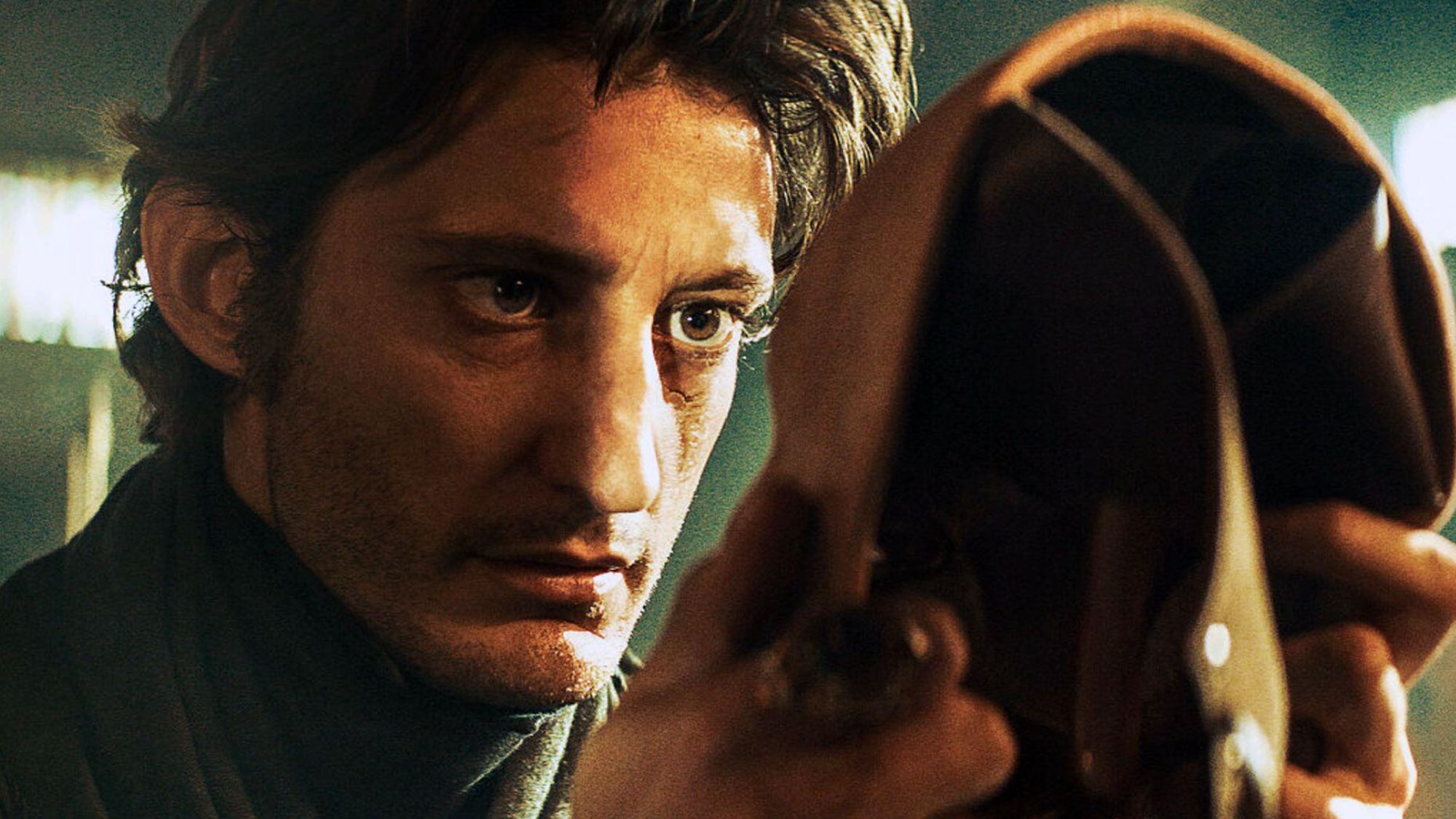 The Count of Monte Cristo review: 'indecently spectacular' adaptation
The Count of Monte Cristo review: 'indecently spectacular' adaptationThe Week Recommends Dumas's classic 19th-century novel is once again given new life in this 'fast-moving' film
-
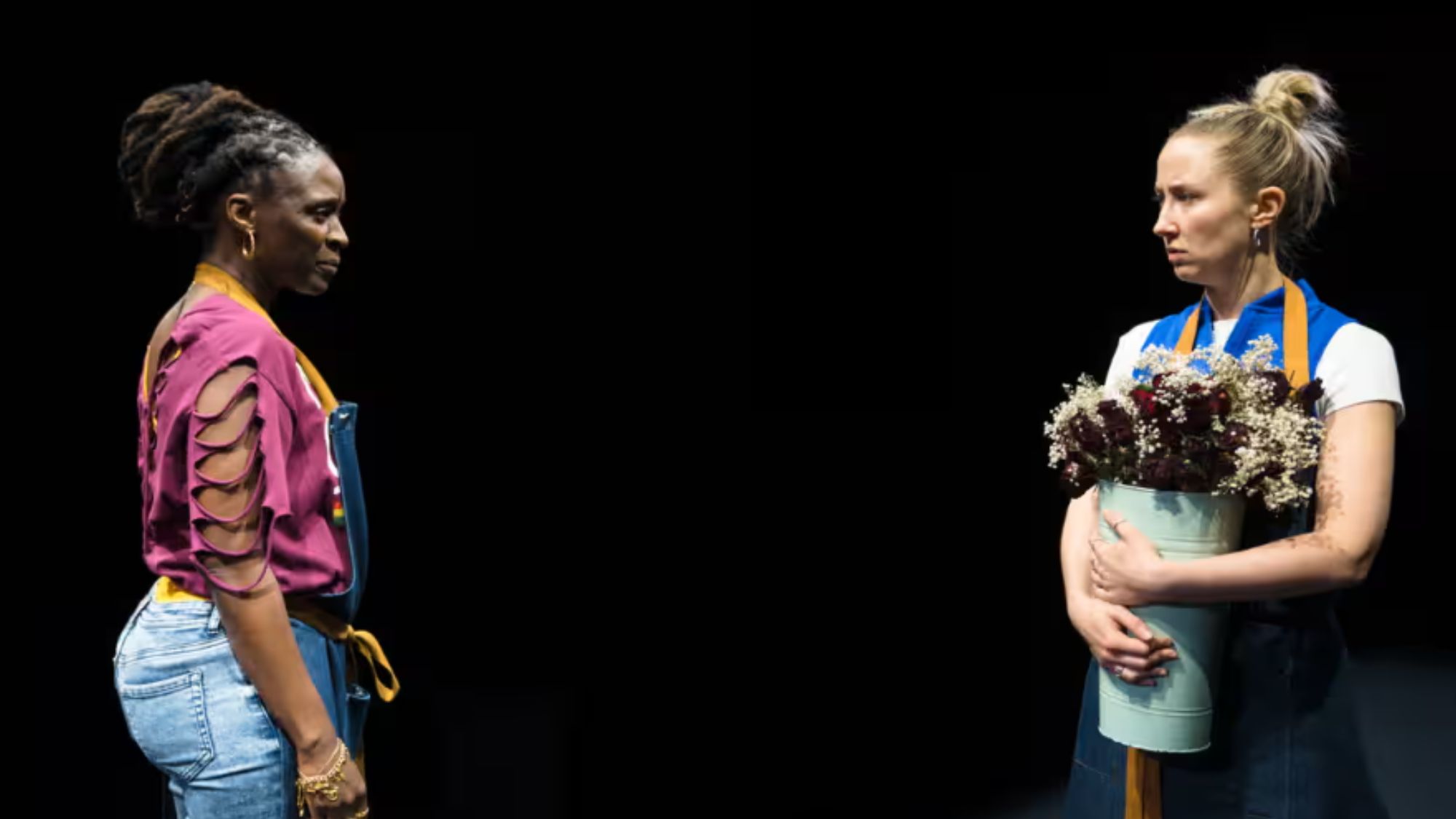 Death of England: Closing Time review – 'bold, brash reflection on racism'
Death of England: Closing Time review – 'bold, brash reflection on racism'The Week Recommends The final part of this trilogy deftly explores rising political tensions across the country
-
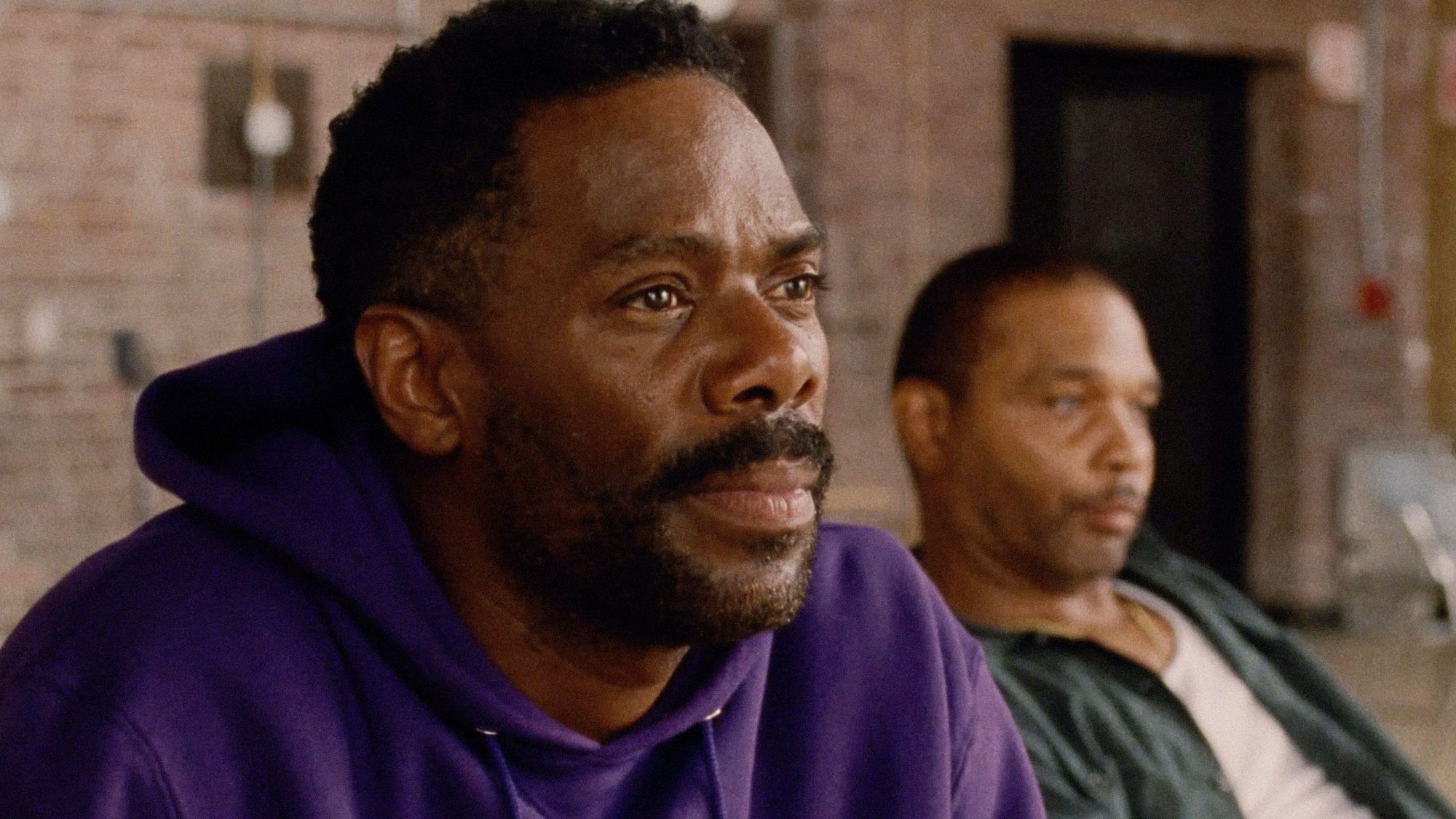 Sing Sing review: prison drama bursts with 'charm, energy and optimism'
Sing Sing review: prison drama bursts with 'charm, energy and optimism'The Week Recommends Colman Domingo plays a real-life prisoner in a performance likely to be an Oscars shoo-in
-
 Kaos review: comic retelling of Greek mythology starring Jeff Goldblum
Kaos review: comic retelling of Greek mythology starring Jeff GoldblumThe Week Recommends The new series captures audiences as it 'never takes itself too seriously'
-
 Blink Twice review: a 'stylish and savage' black comedy thriller
Blink Twice review: a 'stylish and savage' black comedy thrillerThe Week Recommends Channing Tatum and Naomi Ackie stun in this film on the hedonistic rich directed by Zoë Kravitz
-
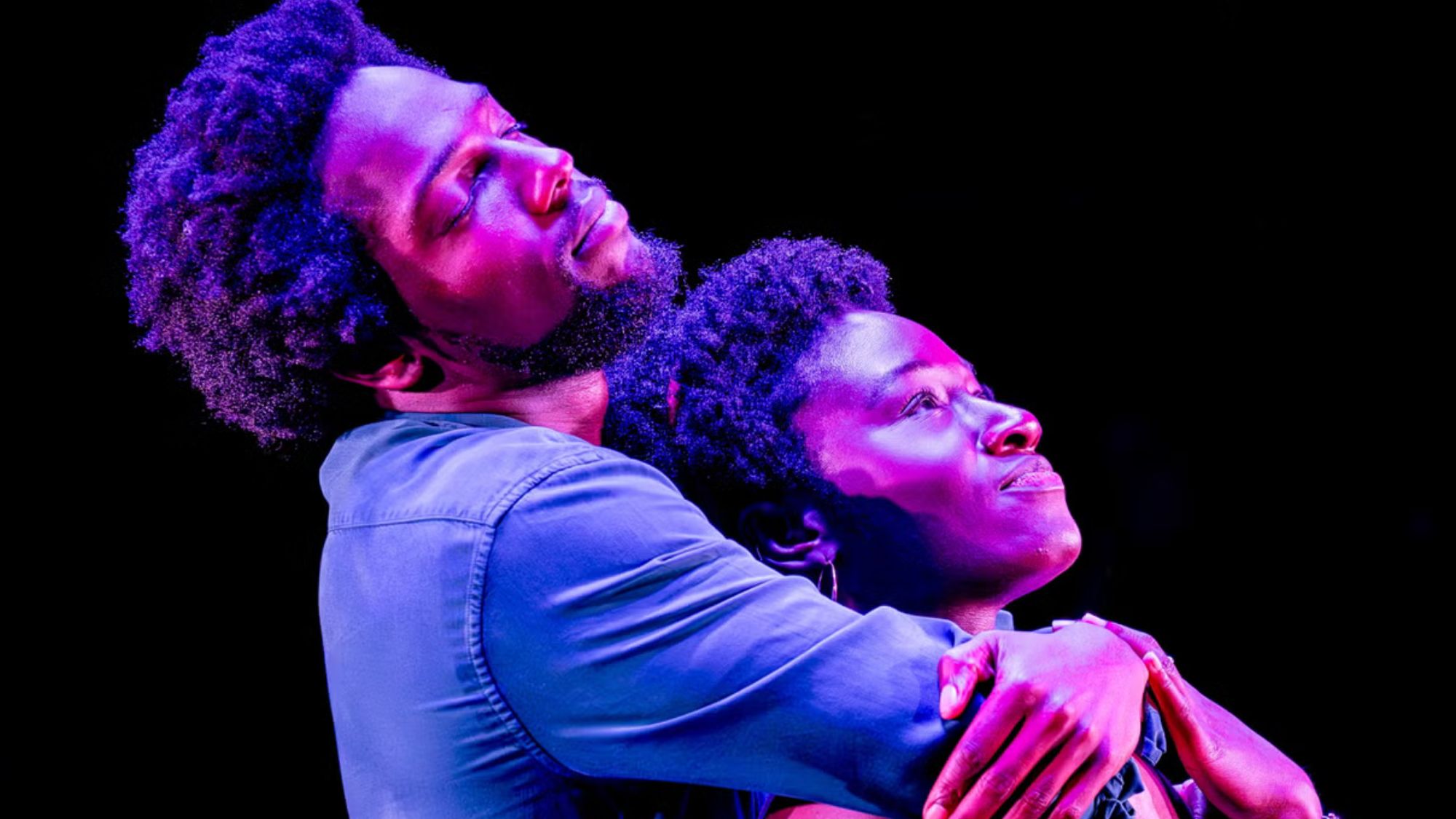 Shifters review: 'beautiful' new romantic comedy offers 'bittersweet tenderness'
Shifters review: 'beautiful' new romantic comedy offers 'bittersweet tenderness'The Week Recommends The 'inventive, emotionally astute writing' leaves audiences gripped throughout
-
 How to do F1: British Grand Prix 2025
How to do F1: British Grand Prix 2025The Week Recommends One of the biggest events of the motorsports calendar is back and better than ever